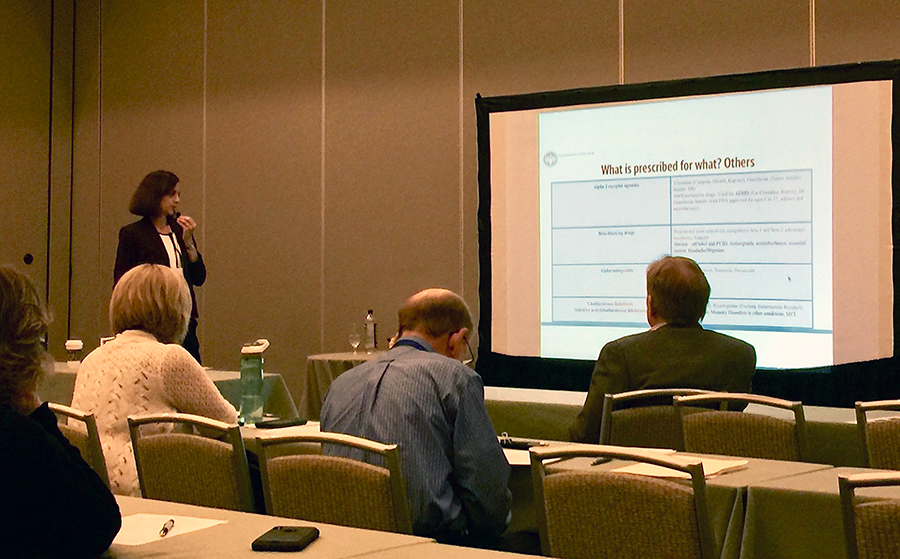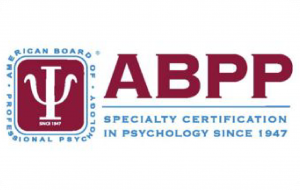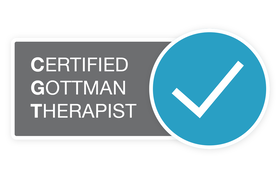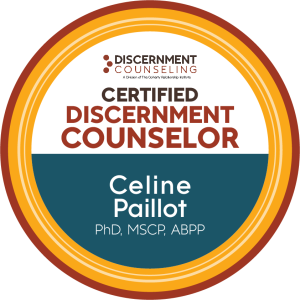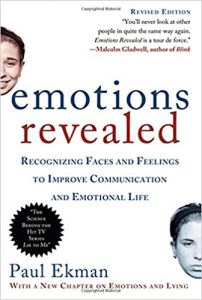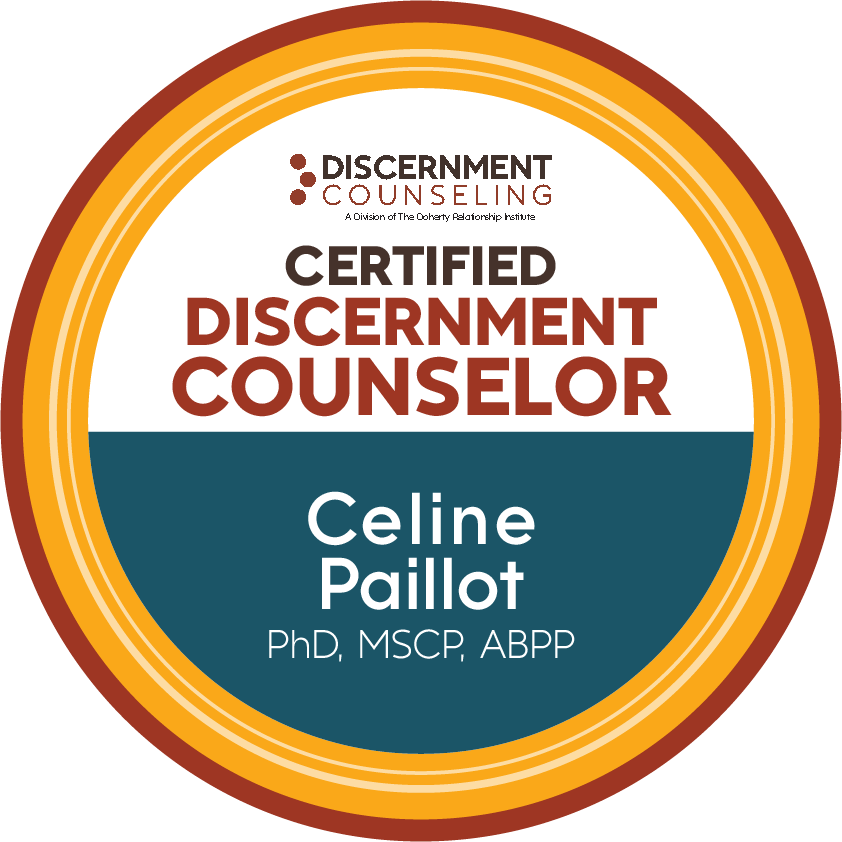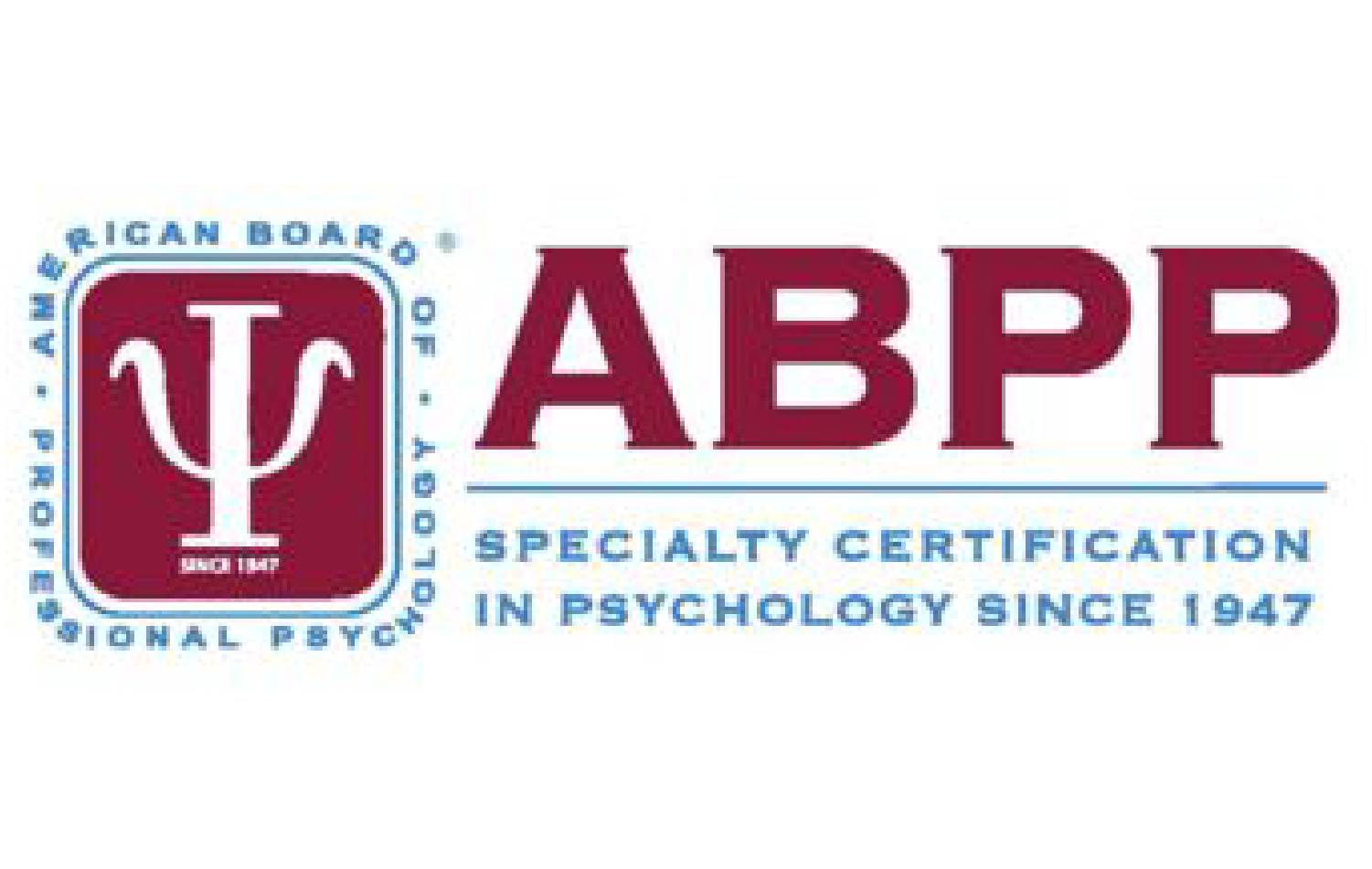Dr. Paillot’s certifications & training:
American Board of Professional Psychology (ABPP)
The American Board of Professional Psychology serves the public by promoting provision of quality psychological services through the examination and certification of professional psychologists engaged in specialty practice.
Gottman Method Couples Therapy training:
- Gottman Method Certified Psychotherapist
- Gottman Method Seven Principles Leader Certified
- Gottman Couples and Addiction Recovery Certified
- Gottman Treating Affairs and Trauma Certified
The Gottman Method is an approach to couples therapy that includes a thorough assessment of the couple relationship and integrates research-based interventions based on the Sound Relationship House Theory.
Discernment Counseling training:
- The Doherty Relationship Institute – Certified in Discernment Counseling
Discernment Counseling is a short-term, clarity-seeking process with a trained marriage expert, you will both be supported over 1-5 sessions. The goal is simply to decide what action to take next, whether that be to work on the marriage, separate/divorce, or in some couples, they get their marriage off the divorce track but do not decide to pursue more intensive therapy.
More on The Doherty Relationship Institute and Discernment Counseling
Dialectical Behavioral Therapy (DBT) training:
- Intensive Training in the Dialectical Behavior Therapy Prolonged Exposure Protocol for PTSD (DBT PE).
- Understanding and Treating Traumatic Invalidation (DBT PE)
- Dialectical Behavior Therapy Skills with Multi-Problem Adolescents: Skills updates, teaching strategies, and engaging Teens and Caregivers
- Doing Dialectical Behavior Therapy (DBT): Advanced Intensive Training
- Skills Training in Dialectical Behavior Therapy: The Essentials
- Dialectical Behavior Therapy, Skills Training
- Dialectical Behavior Therapy Foundational Training
Dialectical behavior therapy (DBT) provides clients with new skills to manage painful emotions and decrease conflict in relationships. DBT specifically focuses on providing therapeutic skills in four key areas. First, mindfulness focuses on improving an individual’s ability to accept and be present in the current moment. Second, distress tolerance is geared toward increasing a person’s tolerance of negative emotion, rather than trying to escape from it. Third, emotion regulation covers strategies to manage and change intense emotions that are causing problems in a person’s life. Fourth, interpersonal effectiveness consists of techniques that allow a person to communicate with others in a way that is assertive, maintains self-respect, and strengthens relationships.
Radically Open Dialectical Behavioral Therapy (RO DBT) Levels 1,2 & 3 training:
Breakthrough Treatment Techniques for Over-controlled Personality Disorders, Eating Disorders, and Chronic Depression and Anxiety.
Radically Open Dialectical Behavior Therapy (RO DBT) is a new evidence based treatment targeting a spectrum of disorders characterized by excessive self control, often referred to as overcontrol (OC). It is supported by 20 years of clinical experience and translational research that parallels established guidelines for treatment development.
Emotionally Focused Therapy Training:
- Attachment Science in Practice (01/2023) by Dr. Sue Johnson
Sue Johnson is a British clinical psychologist, couples therapist and author living and working in Canada. She is known for her work in the field of psychology on bonding, attachment and adult romantic relationships
Acceptance and Commitment Therapy (ACT) training:
- ACT for Depression and Anxiety Disorders
Acceptance and commitment therapy (ACT) is an action-oriented approach to psychotherapy that stems from traditional behavior therapy and cognitive behavioral therapy. Clients learn to stop avoiding, denying, and struggling with their inner emotions and, instead, accept that these deeper feelings are appropriate responses to certain situations that should not prevent them from moving forward in their lives. With this understanding, clients begin to accept their issues and hardships and commit to making necessary changes in their behavior, regardless of what is going on in their lives, and how they feel about it.
Publications
Living without eating. – Dr. Paillot and Roger Arnold produced a documentary on how to improve communication with patients who have difficulties dealing with their diagnosis of an eating disorder. Brochure – To request access to this documentary, please email roger@drcelinepaillot.com
- Medication compliance stages for patients with chronic schizophrenia
- ECT as a ‘therapeutic test’ to differentiate pharmaco-resistant depression from dementia in the elderly: a pilot study
- What is the value of a single global score of Insight into mental disorders?
- Obsessive Compulsive Disorder in a Patient with Twiddler’s Syndrome
- The Scale to assess Unawareness of Mental Disorder (SUMD)
- Predicting compliance in schizophrenia: The value of insight and attitudes toward treatment
- Having Post-Traumatic Stress Disorder Not a Crime
- La Méttrie’s medical materialism (Article in French)
- Double Blind, Randomized, Controlled Study of a Psychotherapy Designed to Improve Motivation For Change, Insight Into Schizophrenia and Adherence to Medication
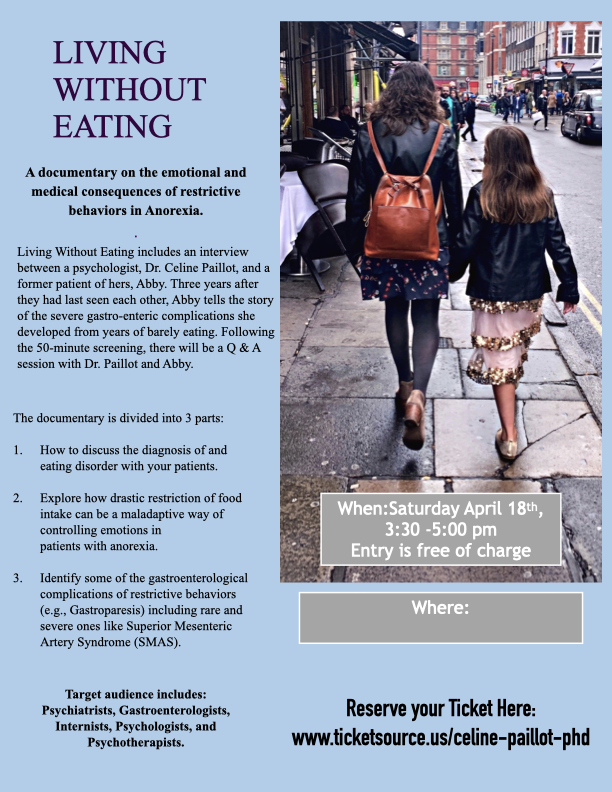
Conferences and Talks
Dr.Paillot conducts continuing education credits (CE’s) for psychologists and psychotherapists on psychotropic medications.
NAMI – Radically Open Dialectical Behavior Therapy (RO DBT) Lecture
NAMI – Borderline Personality Disorder Presentation
